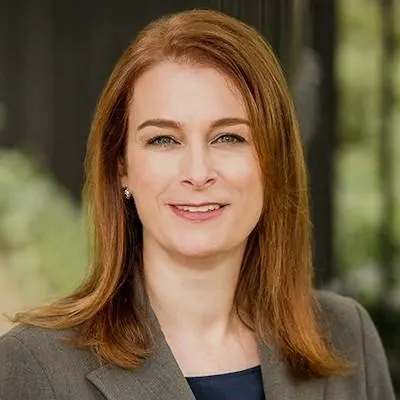My mom put an investment in both of our names. Does that money become part of her estate?
After my mom died I discovered she had put one of her investments jointly into her name and mine, apparently so I would have money to use while the will goes through probate. Is that money part of her estate? Is it supposed to be reported to the court?

Loveleen
Kelowna, BC
Using joint ownership is a common estate planning strategy. That’s because jointly held assets often come with the right of survivorship. The right of survivorship means that when one joint owner dies, the asset automatically transfers to the surviving joint owner. The asset doesn’t need to go through probate, and doesn’t form part of the deceased’s estate.
Unfortunately, joint ownership can present complications. That’s due to the difference between “legal” and “beneficial” ownership. Legal ownership simply means that the law recognizes you as the owner of the asset. Beneficial ownership means that you have the right to use, enjoy, or personally benefit from the asset. Importantly, it is possible to be the legal owner without also being the beneficial owner.
What’s key here is whether your mom intended to convey beneficial ownership. In other words, did she mean for you to be able to use and enjoy the asset for your own personal benefit? Or was the joint ownership more a matter of practicality — that is, she felt it would help you manage the asset on her behalf? If this is the case, you’d have what’s called a resulting trust. If a resulting trust exists, the investment remains in the estate and you will need to report it to the court. You will not be able to use those funds for your own benefit.
A good initial step would be to examine any documentation. Look through the investment account paperwork to see if there’s any indication of what your mom’s intention was. To avoid a resulting trust, you’ll need to show that your mom intended the investment to be a gift. This will be difficult to do if there is no record of her saying she wants you to beneficially own the money in the account.
For more, see this guidance on the types of property covered by a will. You may also consider speaking to a lawyer for expert advice.

Amy Mortimore, KC
Clark Wilson LLP
